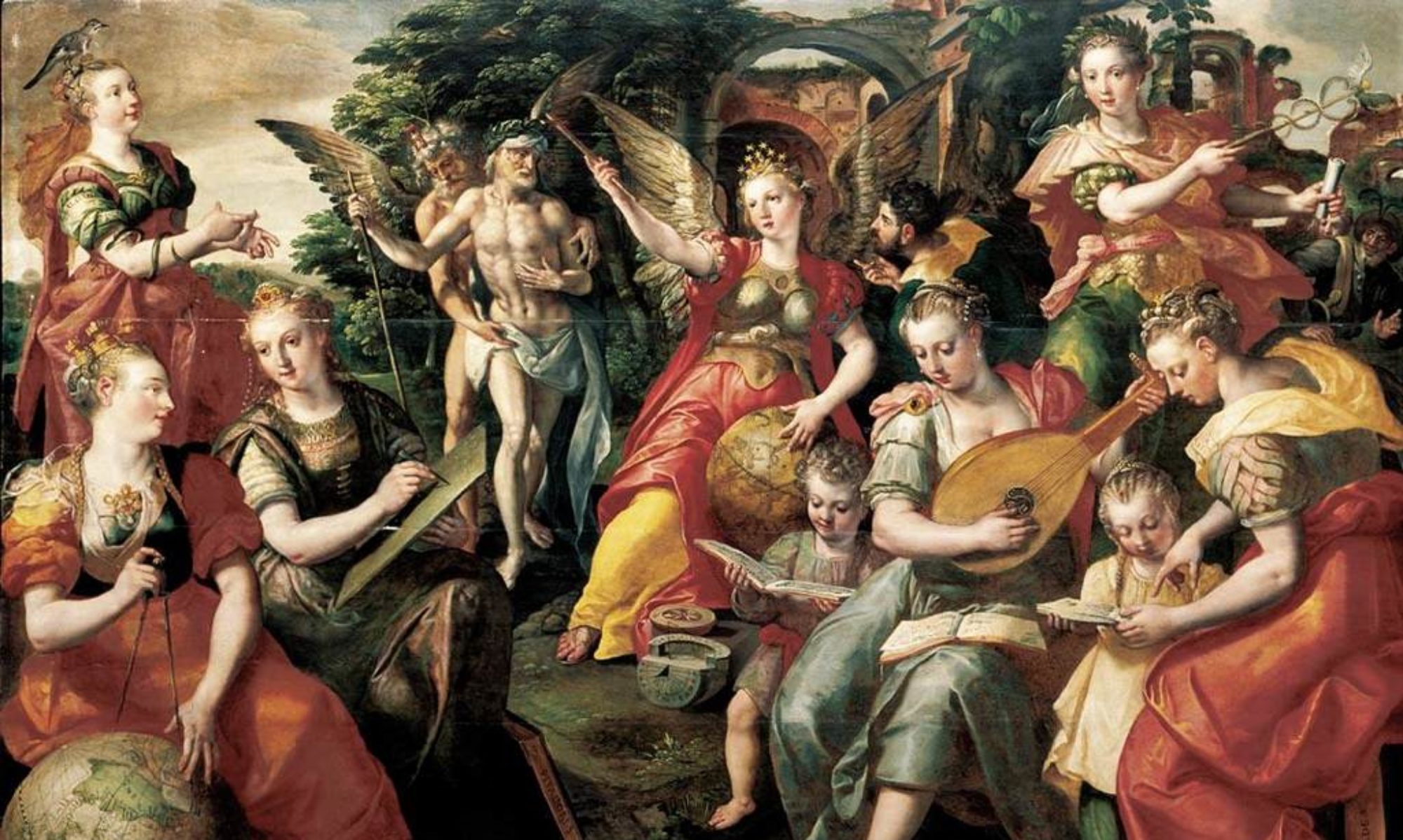Early Modern Judaism: Interdisciplinary and Interreligious Approaches
Maggie Slaughter (IU Bloomington) – Clandestine Synagogues: Judenreglement in Early Modern Germany
What are the stakes of being seen? In the landscape of religious diversity in early modern western Europe, appearing distinct from the imposed majority tradition cost scores of lives. Even when official policy of the state removed dissenting worship from communal public spaces to assert some semblance of religious unity and authorized private practice in unmarked domestic spaces, the population of local dominant culture often rioted and demanded the termination of such affairs. In the seventeenth and eighteenth century societies of Alsace and Hamburg, the Jewish population worshipped in clandestine synagogues which convened with the ignorance of majority Calvinists and Lutherans. How did this system of veiling Jewish existence contribute to the expanding population’s conception of religious belonging? Did the removal of visual markers of Jewish existence from the public landscape endanger the Jewish population? My paper will explore the concept of “shuilkerk”, a historical accommodation in Calvinist countries in which Christian dissenters and minority religious traditions were permitted by local authorities to worship behind closed doors. It will explore the ways this methodology of containment produced an artificial façade of religious unity that obscured the reality of diversity and thus intensified reactions to its discovery. I will argue that the parceling of Jewish existence and concealment of Jewish visual and material culture was in fact far more dangerous than Christians openly coexisting with Jews. While this system provided temporary safety and comfort to early modern Jews in a pluralist yet anti-Judaism urban society, it was ultimately a short-term solution which continually collapsed when the population increased and required more space. Further, I argue that this short-term solution engendered long-term problems of coexistence between confessional interpretive communities. In my discussion of this historical episode, I will assert that preserving the existence of visual and material culture of minority traditions is essential in the public sphere to resisting assimilation, constructing cultural identity, and, very crucially, to increasing visibility and knowledge of marginalized minority groups.
Samuel Baudinette (Chicago Divinity School) – “Let every man abound in his own sense:” Pablo de Santa María and the opposition between reason and faith in his Additiones and Scrutinium Scripturarum.
In 1429 Pablo de Santa María, the converso Bishop of Burgos, composed for his son Alonso de Cartegena a set of roughly 1090 Additiones to the Postilla super totam Bibliam of the Franciscan Nicholas of Lyra. In the prologue of this text, a set of scholastic quaestiones that built upon Lyra’s assertion that the literal sense of the biblical text is the most hermeneutically significant, Pablo maintains that the Postilla is nevertheless compromised by its reliance on the interpretations of the Jewish exegete Rashi. Importantly, Pablo criticizes Lyra’s presentation of Rashi as the most rational Jewish interpreter of scripture by insisting that Moses Maimonides, Moses Nachmanides and Abraham ibn Ezra are held by the Jews themselves to be “the most important expositors of the Jewish faith.” Pablo in his Additiones thus constructs a tradition of Jewish “rationalism” that he opposes to the exegetical authority of Rashi, as well as those Christian exegetes who rely upon him. In this paper, I unpack how Pablo supports this argument in order to present the rhetorical work that reason and faith play in his broader anti-Jewish polemic. I argue that by maintaining that there is a literal sense which is rationally true for Jews, as well as a literal sense which is rationally true for Christians, Pablo ultimately insists that only faith and not reason can arbitrate any difference between these two competing senses. For Pablo, therefore, recourse to faith allows the Christian to discover a literal sense that is truer than the literal sense of the Jews. In the Additiones Pablo consequently rejects Lyra’s belief that the literal meaning of scripture is the only valid ground for debate between Christians and Jews. This rhetorical move, I argue, also grounds Pablo’s polemical dialogue composed in 1434, the Scrutinium Scripturarum. In this latter treatise, which urges that Jews must investigate their scriptures in good faith, the critique of Rashi and Lyra in the Additiones lays the groundwork for a subsequent critique of Jewish reliance on the authority of reason itself.
Benny Bar-Lavi (University of Chicago) – Figural Judaism in the anti-Machiavellian discourse of Counter-Reformation Spain
In 1595 Pedro de Ribadeneyra published his Treatise on the Religion and Virtues that a Christian Prince must possess to govern and preserve his Realms, against what Niccolò Machiavelli and the Politicians of this age Teach, the first in a long list of works produced in Counter-Reformation Spain attacking the (alleged) doctrines of Machiavelli and his (supposed) followers. As this and many other anti-Machiavellian sources show, the period exhibited a profound anxiety towards a new form of politics accused of demoting true Christian religion—society’s ultimate goal—to a mere instrument in the hands of godless politicians and advocates of a false reason of state. By disregarding the divine, providential dimension inherent to the ordering of human affairs, the “politicians of this age” were guilty not only of damning their eternal soul, but their earthly realms as well. And, as this paper will show, nothing epitomized this political-theological error quite like Judaism, Christianity’s perennial hermeneutical adversary. Indeed, even though sixteenth- and seventeenth-century Spain was (ontologically speaking) Jew-less, figures of Judaism drenched the anti-Machiavellian discourse that came to dominate the political debates of the period. Jews and Judaism, however, represented much more than a superseded religion and the flesh-and-blood “others” that stubbornly professed it; these concepts performed an indispensable function in the political critique of the Spanish “self.” Every nominally Christian politician could be thought of as suspended between Christ and Caiaphas, with the potential to turn towards either. And “while the man Caiaphas is no more,” as Quevedo put it in Politics of God and Government of Christ, “there will always be men to whom this name may be given.”
